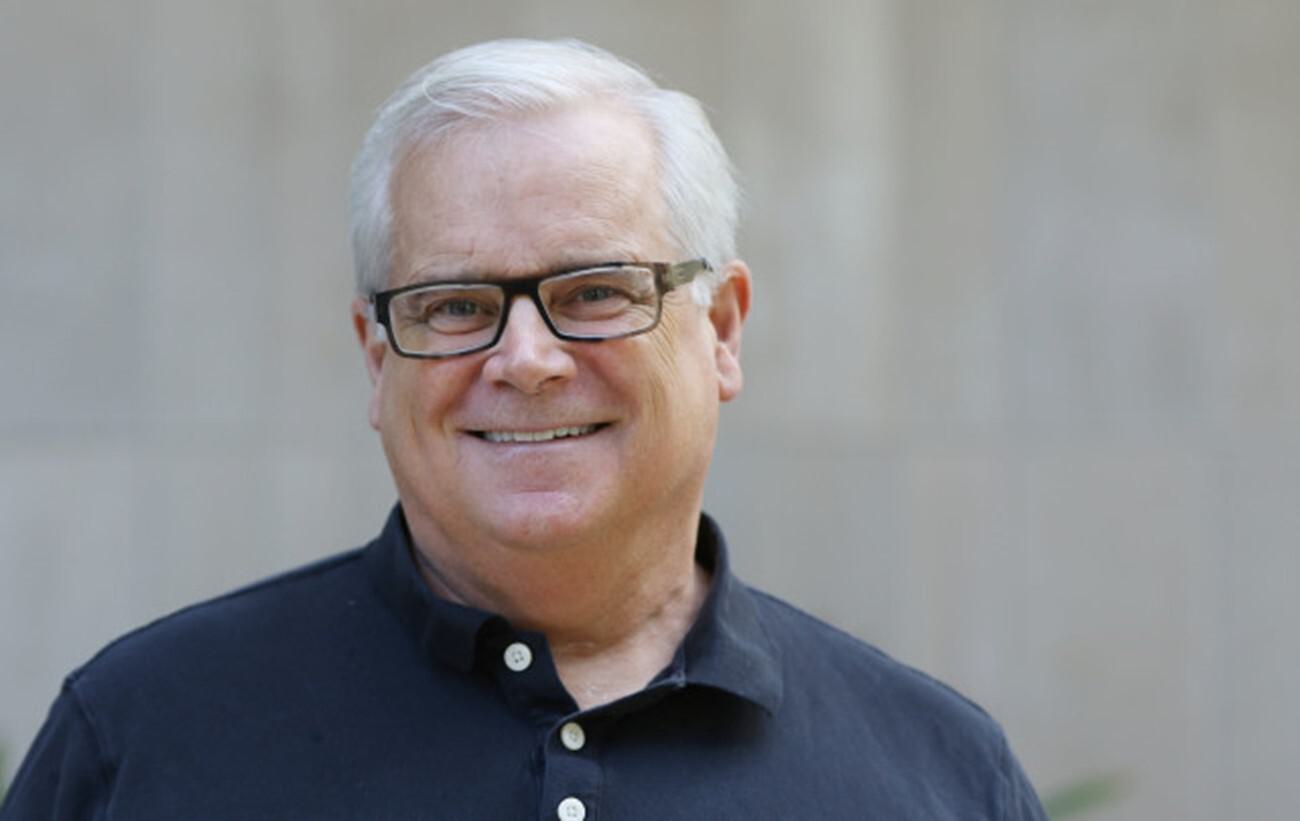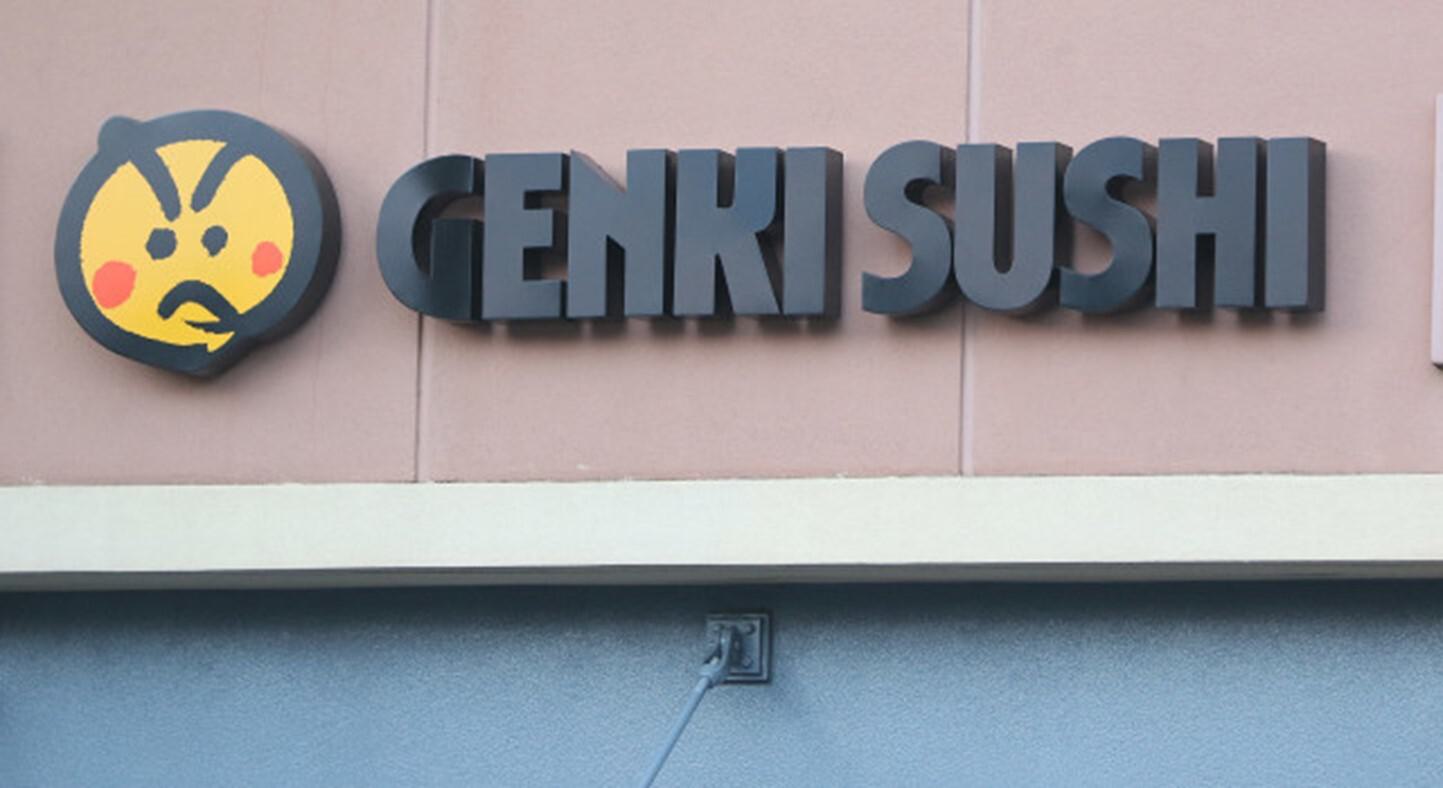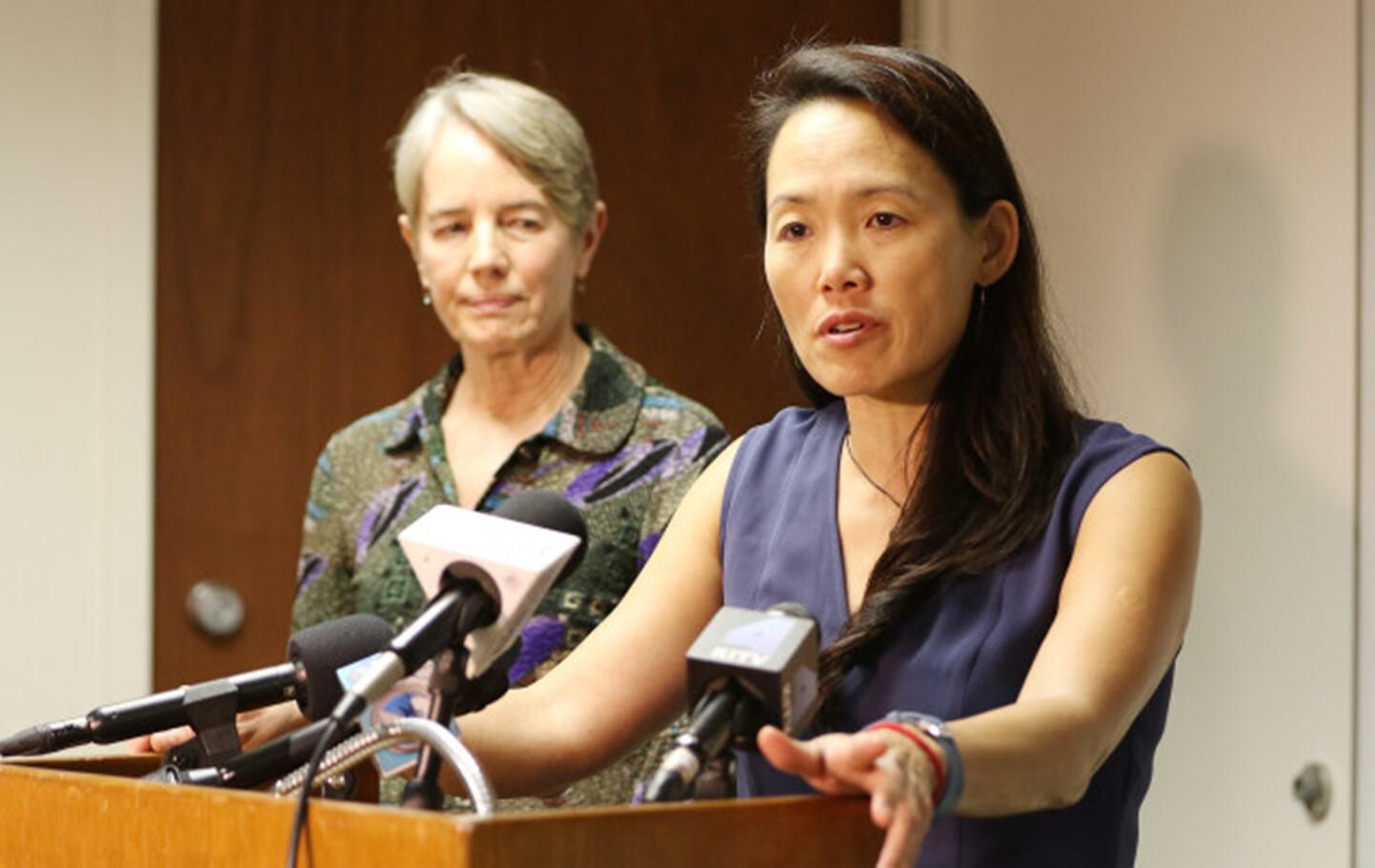CIVIL BEAT | By Rui Kaneya | August 22, 2016
Hawaii’s hepatitis A outbreak is the latest battleground for a Seattle attorney who specializes in foodborne illnesses and has won damages of more than $600 million.
To say that Bill Marler is a thorn in the side of the food industry would be an understatement.
Marler, a Seattle-based attorney, has spent nearly 25 years making a name for himself as the go-to guy for victims of foodborne illnesses. If an outbreak hits anywhere in the country, it’s a sure bet that he will be filing lawsuits on their behalf.
No wonder then that, when the news about Hawaii’s hepatitis A outbreak broke last month, some victims sought out Marler.
Marler first made his mark in the business back in 1993, when he sued Jack in the Box over its infamous E. coli outbreak, which sickened hundreds of people and killed four children in the Pacific Northwest.
Since then, Marler has gone up against dozens of giants in the food industry: Dole, McDonald’s, Odwalla, Taco Bell and, most recently, Chipotle.
Add Genki Sushi to the list.

Bill Marler, a Seattle attorney specializing in food safety, brought a lawsuit last week on behalf of Oahu resident Brant Mauk, one of the victims of Hawaii’s hepatitis A outbreak. Cory Lum/Civil Beat
On Tuesday, less than 24 hours after the Hawaii Department of Health identified imported frozen scallops as the likely source of the ongoing outbreak, Marler filed a lawsuit on behalf of Oahu resident Brant Mauk.
The lawsuit — which lists Genki Sushi and Koha Foods, a Honolulu frozen-food wholesaler, as defendants — accuses the companies of negligence for serving the tainted scallops and seeks unspecified damages.
“It’s not that I don’t have an economic self-interest in what I do. But I wouldn’t be as jazzed about what I do if it weren’t for the fact that it’s making a positive impact.” -- Bill Marler
Marler says he also has more than 30 other Hawaii clients who are ready to follow Mauk’s lead and file their own lawsuits.
Ultimately, Marler will likely reap another handsome profit from the lawsuits. Over the years, his firm, Marler Clark, has pried more than $600 million out of food companies, netting contingency fees of 25 percent for cases involving children and 35 percent for cases involving only adults.
Given the amount of money involved, Marler says it’s easy for his critics to dismiss him as “a bloodsucking ambulance-chaser who exploits other people’s personal tragedies.”
But, the way he sees it, Marler’s work isn’t just about prying money out of food companies; his lawsuits, he says, can function as an important cog in the system that works to ensure food safety.
“I look at what I do as holistic,” Marler said. “It’s not that I don’t have an economic self-interest in what I do. But I wouldn’t be as jazzed about what I do if it weren’t for the fact that it’s making a positive impact.”

Imported frozen scallops served raw by Genki Sushi were identified as the source of Hawaii’s hepatitis A outbreak. The chain’s 10 Oahu restaurants were shut down, along with one on Kauai. Cory Lum/Civil Beat
‘Put Me Out of Business’
For evidence of such impact, look no further than what happened in the aftermath of the Jack in the Box tragedy.
The case not only led to a settlement of more than $50 million — the largest in history involving foodborne illness — but also prompted the U.S. Agriculture Department to adopt a zero-tolerance policy toward E. coli in ground beef.
Marler says the outbreaks of E. coli from tainted hamburgers didn’t disappear overnight, but they have declined precipitously to the point where his firm, whose caseload used to be filled almost exclusively with E. coli cases, rarely encounters them.
According to the Centers for Disease Control and Prevention, foodborne illnesses sicken one in six Americans, hospitalize 128,000 and kill 3,000 each year.
To Marler, that’s a thrilling victory.
In fact, when he goes across the country and abroad to address food companies and other audiences, Marler says he uses the Jack in the Box case to build his argument on “why it’s a bad idea to poison people.”
Marler even dares the companies to “put me out of business” by adopting more stringent safety procedures on their own.
“My pitch to the companies is, ‘Look what the meat industry did. What they did doesn’t always translate directly to what you need to do, but they’ve done it. They did put me out of business,'” Marler said.
In truth, Marler is not even remotely in danger of running out of clients.
According to the Centers for Disease Control and Prevention, foodborne illnesses sicken one in six Americans, hospitalize 128,000 and kill 3,000 each year.
And food recalls are alarmingly commonplace. Since 2015, more than 800 products regulated by the U.S. Food and Drug Administration have been recalled nationwide, and so have nearly 160 items overseen by the USDA.
Marler estimates that, at any given time, his firm is handling 350 to 400 cases, each typically involving multiple victims — or thousands, such as when Townsend Farms‘ frozen berries exposed an estimated 25,000 people, including a handful on Maui, to hepatitis A in 2013.

After a hepatitis A outbreak began in Hawaii, state epidemiologist Sarah Park conducted an online “case control study” to zero in on its source. Cory Lum/Civil Beat
How The State Nailed The Source
Sometimes, Marler’s firm — which has six attorneys and 20 support staff members, including a full-time epidemiologist — manages to find the source of an outbreak before anyone else.
That’s how it went when the firm traced a 2006 E. coli outbreak, which sickened more than 200 people in 26 states, to bags of Dole baby spinach. Marler says he immediately alerted federal authorities, but they hesitated when it came to issuing a recall.
Frustrated, Marler went ahead and filed a lawsuit. “I was thinking, ‘This is ludicrous. This stuff could still be in people’s refrigerators,'” he said.
The following day, the FDA recalled all bagged spinach grown in the country and, a week later, confirmed that Dole baby spinach was the source of the outbreak.
In the case of Hawaii’s hepatitis A outbreak, the Department of Heath beat Marler’s firm to the source.
Still, the department was initially hampered by the fact that hepatitis A’s incubation period can last up to 50 days.
“This outbreak is a good example of how what appears to be a little problem can explode into a big one — not just for the poor people who got sick, but also for all the food establishments, whose reputation was tarnished.” — Bill Marler
But the breakthrough came when the department embarked on an online “case control study,” the likes of which state epidemiologist Sarah Park says she’s never seen done elsewhere.
The idea was to survey Oahu residents to see how their recent eating and drinking histories varied from those of the hepatitis A patients. The survey, which received about 5,300 responses, eventually found one anomaly: While only about 23 percent of the respondents had eaten at Genki Sushi, 70 percent of the hepatitis A patients had.
The finding allowed the department to trace the outbreak to imported frozen scallops, which were served raw at Genki Sushi. Immediately, it slapped an embargo on the scallops and ordered the restaurant chain to close its 11 locations on Oahu and Kauai.
On Thursday, when the scallops were tested positive for hepatitis A, the FDA worked with Sea Port Products, which imported the product from the Philippines, to issue a voluntary recall.
Marler praises the department for taking “decisive action.” Still, he says more could have been done to contain the outbreak, such as making it mandatory for all food-service workers to be vaccinated for hepatitis A.
Mandatory vaccinations are something Marler has long pushed for. “To me, anyplace that relies on tourism as much as Hawaii — it’s just common sense,” he said. “Maybe now this outbreak opens up the door to them doing it.”
Marler is also hopeful that the outbreak, which has so far sickened 206 people, will serve as a wake-up call for people in Hawaii to be more vigilant about food safety.
“This outbreak is a good example of how what appears to be a little problem can explode into a big one — not just for the poor people who got sick, but also for all the food establishments, whose reputation was tarnished,” Marler said. “My hope is that an outbreak of this magnitude and severity just underscores how important it is that people get it right when it comes to food safety.”
Investigations Editor John Hill contributed to this report.